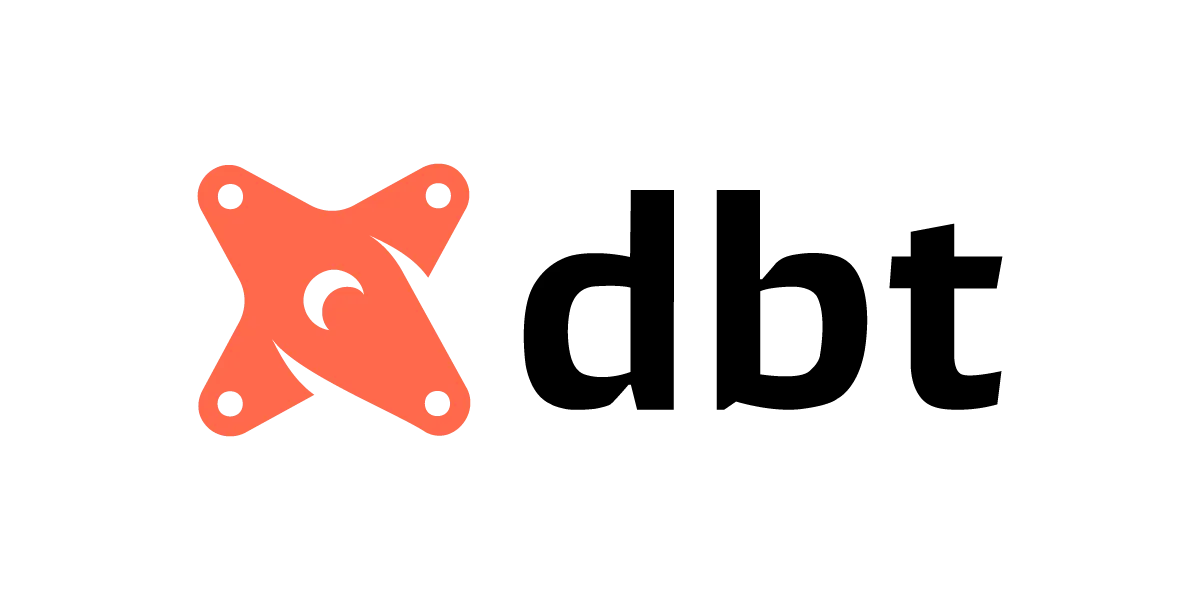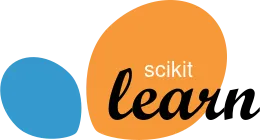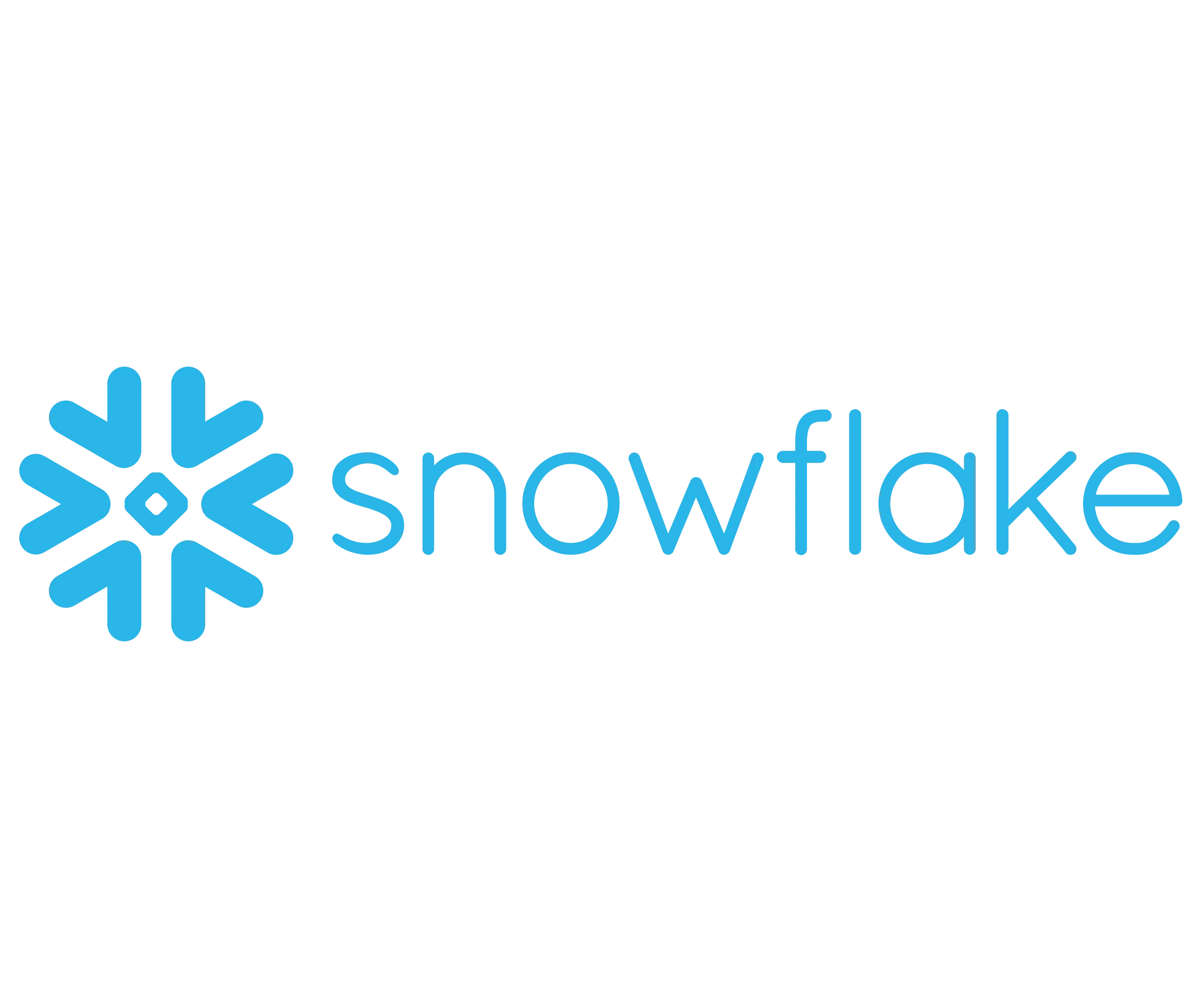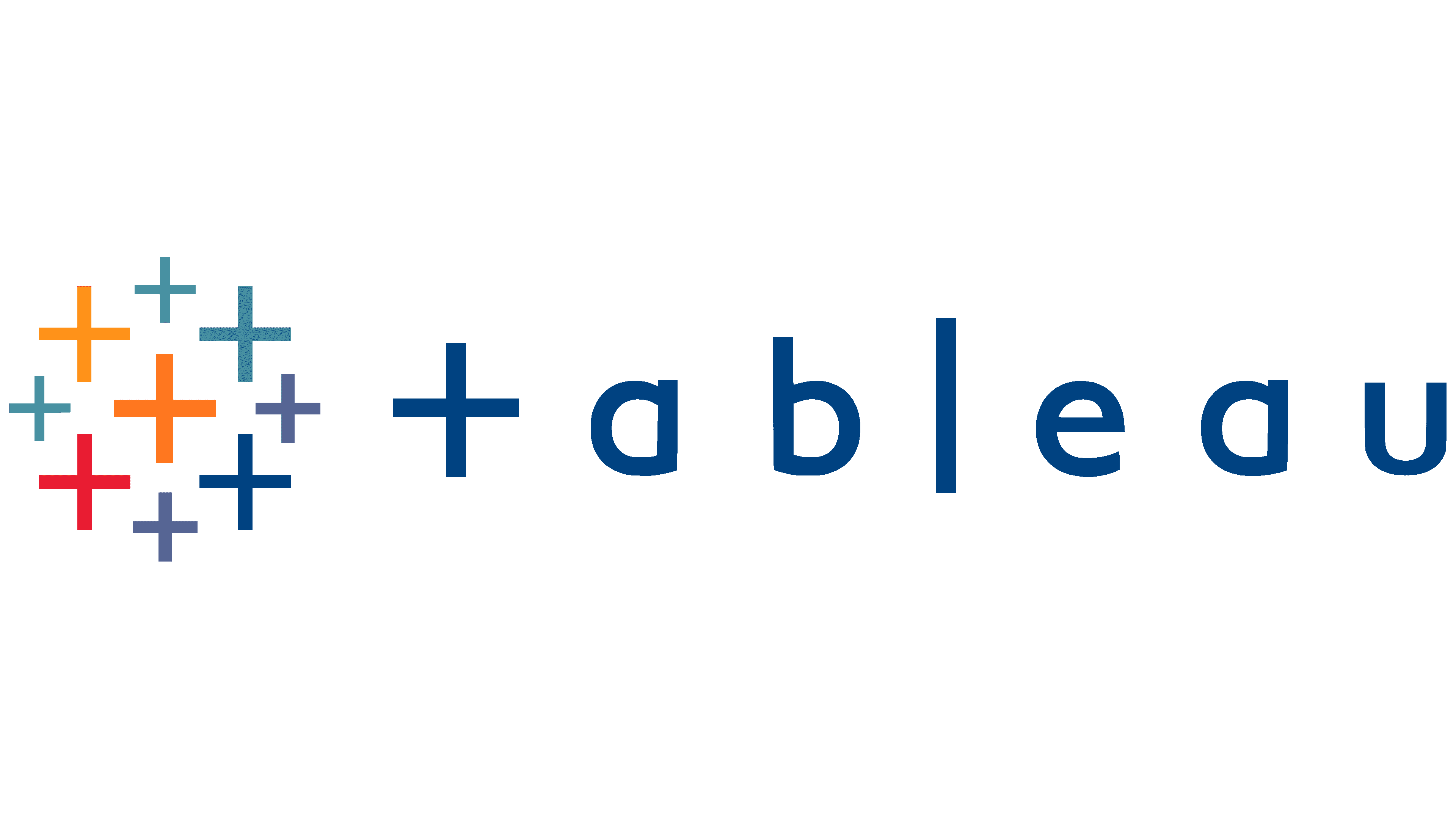Key results
SKU × Region × Channel forecasts automated weekly, enabling granular, high-frequency demand planning across all product lines
reduction in inventory holding costs, driven by better demand-supply alignment and fewer overstock situations
reduction in planning cycle time, accelerating monthly forecast readiness and cross-functional alignment
faster decision-making on pricing and promotions, enabled through real-time scenario modeling and revenue simulations in Tableau
About the Client
A leading U.S.-based food manufacturer known for its shelf-stable dairy and snack brands, distributing through mass retail, grocery, and DTC channels. The client aimed to modernize demand planning and forecasting across their supply chain and commercial operations.
Key Challenges
Manual, spreadsheet-driven forecasting models lacked scalability, leading to inconsistent outputs and reactive planning
Siloed data across ERP, POS, TPM, and inventory systems, preventing a unified view of demand and sales performance
No visibility into SKU-level demand variability across regions, channels, and time periods, impacting production and fulfillment
Inability to simulate pricing or promotion impacts, limiting commercial agility and downstream revenue planning
Our Approach
Stakeholder Alignment & Forecasting Use Case Definition
- Engaged cross-functional teams (supply chain, finance, sales) to identify gaps and planning priorities
- Defined forecast granularity (SKU × Region × Channel) and key KPIs (e.g., MAPE, inventory coverage, promo ROI)
Data Integration & Modeling on Snowflake
- Ingested and consolidated data from ERP, POS, TPM, and inventory systems into AWS S3
- Modeled clean, structured data using dbt to create reusable marts (e.g., sales_mart, demand_mart, promo_mart)
Predictive Forecasting Pipeline Development
- Built demand forecasting models using Prophet and LightGBM, incorporating historical sales, seasonality, and promo effects
- Generated forecasts with confidence intervals and automated weekly retraining logic
Sales & Revenue Forecast Layer
- Layered pricing, channel conversion, and promotional uplift onto demand signals to project revenue
- Created scenario-based logic for planning best-case, base-case, and conservative outcomes
Visualization & Simulation in Tableau
- Built dynamic Tableau dashboards to visualize forecast accuracy, revenue projections, and planning assumptions
- Enabled interactive “what-if” scenario toggles for pricing, new SKUs, and regional expansion
Automation, Monitoring & Continuous Feedback
- Deployed Snowflake Tasks and dbt Cloud for end-to-end automation
- Implemented tracking for model accuracy (MAPE, bias) and built feedback loops for continuous model improvement
Implemented Solution
Cloud-Native Data Architecture
- Staged all raw and third-party data in Amazon S3
- Centralized structured analytics layer built in Snowflake on AWS
- Applied semantic data modeling with dbt to ensure consistency and reusability
Machine Learning Forecasting Pipelines
- Developed Python-based forecasting models using Prophet and LightGBM
- Automated retraining pipelines triggered weekly with Snowflake Tasks and dbt Cloud
- Generated demand forecasts at SKU × Region × Channel granularity, along with revenue projections
Scenario-Based Revenue Planning
- Built forecasting logic to simulate pricing, discounting, and promo-lift variations
- Supported dynamic revenue forecasting under base, optimistic, and conservative planning modes
- Enabled alignment between commercial, finance, and supply chain teams
Business Intelligence with Tableau Dashboards
- Delivered role-specific dashboards for planners, sales, finance, and executives
- Included visual tracking of forecast vs actuals, variance trends, and risk alerts
- Enabled “what-if” toggles for live simulation of future scenarios
Monitoring, Feedback, and Governance
- Implemented forecast performance tracking (MAPE, WAPE, bias)
- Version-controlled model outputs and data flows to ensure auditability
- Established feedback loops to continuously refine models based on planner input
Technologies Used
















































